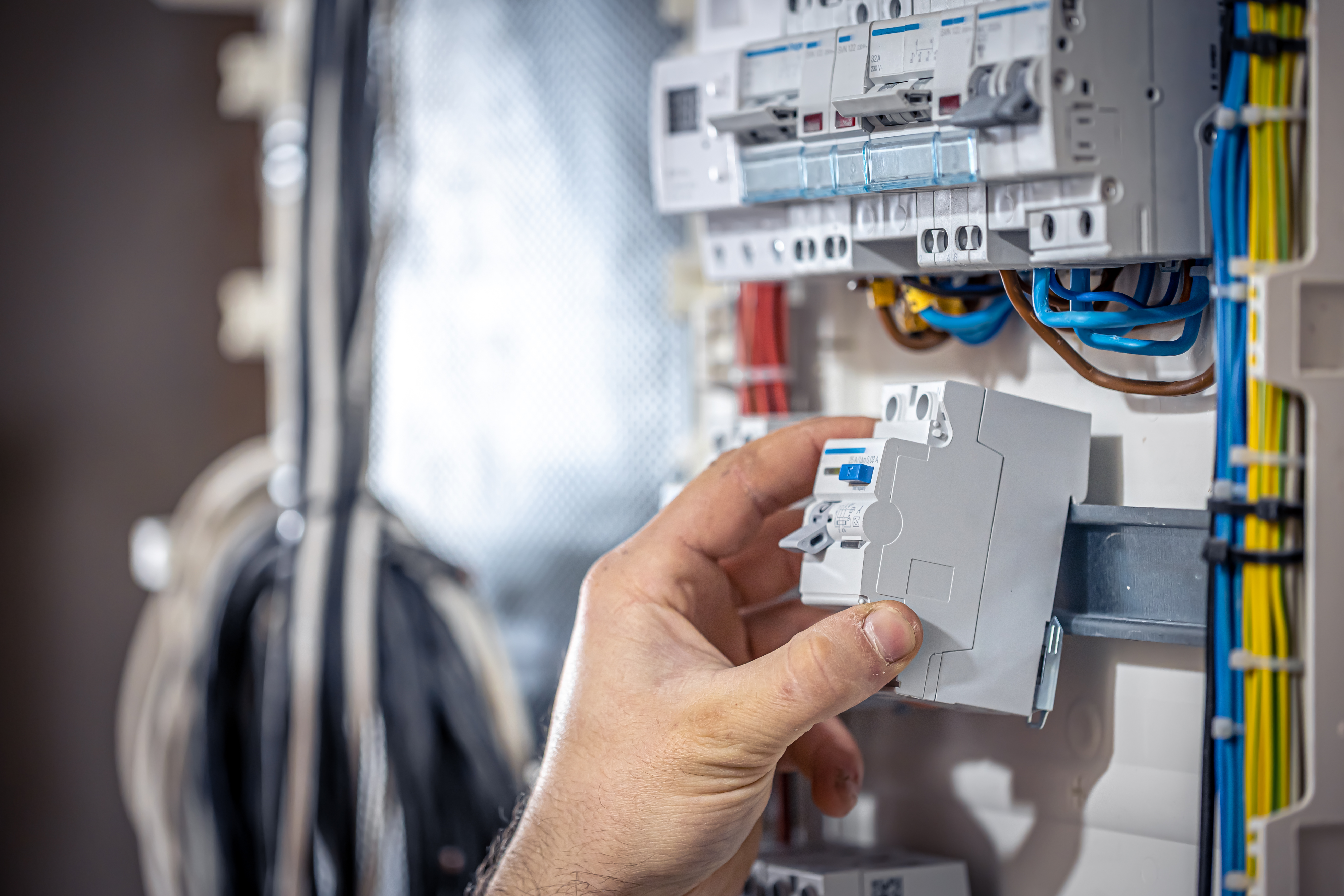Categories
REAL ESTATEPublished September 23, 2025
Is Your Home’s Electrical System Keeping Up? Why an Upgrade Could Be Essential?

Your home’s electrical system is more than just wires and switches—it’s the foundation that keeps your daily life running smoothly. From powering heating and cooling systems to handling appliances, smart devices, and even electric vehicles, today’s homes require much more electricity than older systems were ever designed to provide.
For many homeowners—especially those in older houses—an electrical service upgrade may be necessary. This process typically involves replacing the main service panel, meter, and the connection to your utility company. Beyond convenience, it ensures safety, code compliance, and readiness for modern living.
When to Consider an Upgrade
If your home was built before the 1980s, chances are it may still rely on a 100-amp electrical panel, which often can’t keep up with modern demands. Here are some key situations where an upgrade is worth considering:
-
Planning a major remodel, addition, or finishing a basement
-
Installing high-demand appliances like a hot tub, electric oven, or EV charger
-
Adding solar panels or battery backup systems
-
Preparing your home for future resale value
Electrical malfunctions remain one of the top causes of residential fires in the U.S. Upgrading your panel helps reduce these risks by ensuring circuits don’t overheat and breakers function properly under stress.
Safety and Code Compliance
An outdated system isn’t just inconvenient—it can also be unsafe. The National Fire Protection Association (NFPA) sets standards that require homes to meet modern capacity and grounding requirements. If your system isn’t compliant, you could face issues with insurance coverage or even during a home sale.
Warning Signs of Trouble
If you notice any of these red flags, it might be time to call in a professional:
-
Breakers that trip frequently
-
Lights that flicker or dim when appliances run
-
Heavy reliance on power strips or extension cords
-
Fuse boxes instead of modern breaker panels
Today’s standard for most households is a 200-amp service, which provides the flexibility and safety needed to power modern lifestyles.
Long-Term Benefits
While upgrading your electrical system is an investment, the payoff is significant. A modern panel can:
-
Improve safety and reliability
-
Support energy efficiency and smart home technology
-
Increase your home’s resale appeal
The Department of Energy highlights that updated home systems play a key role in energy management, making this upgrade a smart move for both safety and value.
Final Thoughts
If your home’s electrical panel is outdated, undersized, or showing signs of strain, don’t wait until problems escalate. Partnering with a licensed electrician ensures your system is safe, up to code, and ready to support your family’s growing energy needs—now and in the future.





